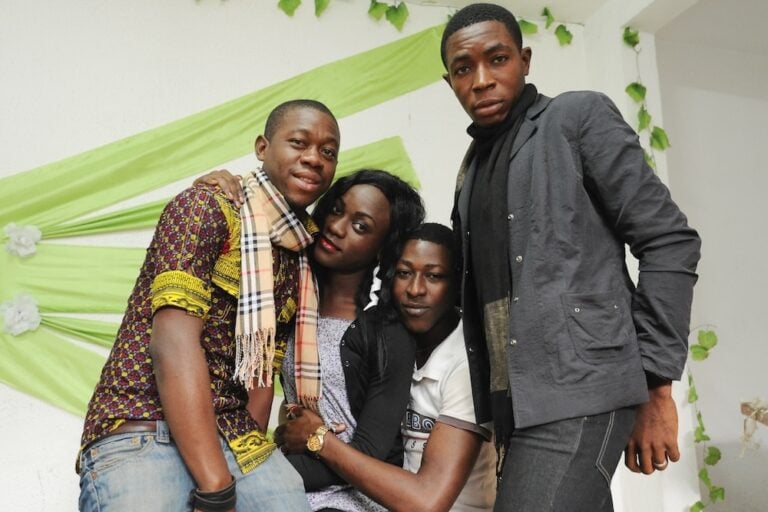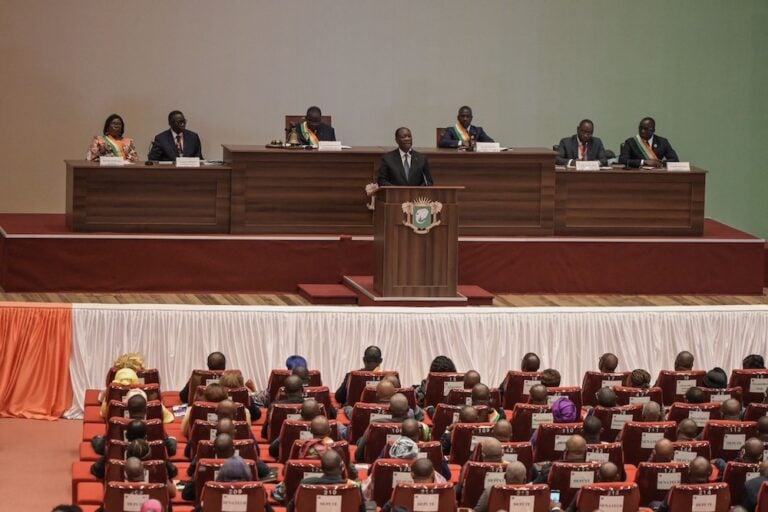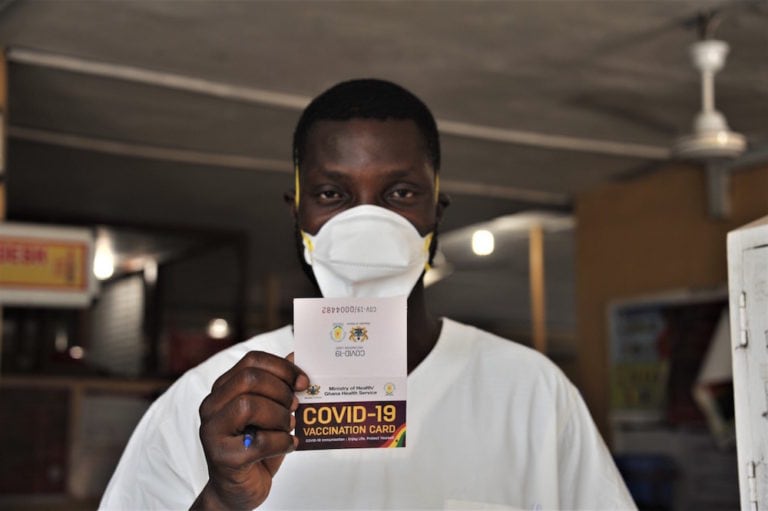On the eve of President Alassane Ouattara's first state visit to France, RSF congratulates him on making necessary improvements but says that much more still needs to be done.
(RSF/IFEX) – 25 July 2012 – On the eve of the first meeting between Ivorian President Alassane Ouattara and French President François Hollande in Paris, Reporters Without Borders urges Côte d’Ivoire’s government to press ahead with its efforts to improve media freedom, including measures to encourage the emergence of privately-owned broadcast media.
“The Côte d’Ivoire media environment has gradually improved in the 16 months since Ouattara became president in chaotic circumstances, at a time when the media were unable to function properly,” Reporters Without Borders said. “But major challenges still need addressing. They include ending the detention of journalists, guaranteeing their freedom, promoting reconciliation within the media and opening up broadcasting to the private sector.
“We urge Hollande not to evade the issue of freedom of information, which is essential to improving the situation in Côte d’Ivoire, and we hope that his talks with Ouattara will be frank and will regard no subject as off-limits. It would be incomprehensible if Hollande fails to raise the issue of Guy-André Kieffer, a French journalist who was kidnapped in Abidjan eight years ago. The investigation has made little progress since the change of government.”
Improving climate but challenges yet to be addressed
Within the print media, the so-called “blue” newspapers – those that supported former President Laurent Gbagbo, such as Notre Voie, Le Temps and Le Nouveau Courrier – are nowadays free to express their opinions without major problems. The emergence of new publications, both pro-government and pro-opposition ones, is expected in the coming weeks.
President Ouattara issued a decree on 23 May naming the journalist Raphael Oré Lakpé as president of the National Press Council (CNP), a body that regulates the print media.
The thorny issue of Radio-Télévision Ivoirienne (RTI) remains. The government of the day has always used this state-owned radio and TV broadcaster as a propaganda tool. Its ability to influence public opinion is enhanced by its near monopoly. RTI 1 and RTI 2 are the country’s only two national TV stations.
The new government wants to introduce commercial broadcasting in order to promote diversity. The task has been assigned to former communication minister Ibrahim Sy Savané, who heads the newly-created High Authority for Broadcasting Communication (HACA). A commission with the job of organizing invitations to bid for radio and TV frequencies was sworn in on 20 July at the communication ministry. The creation of the first privately-owned TV stations is expected by the end of the year.
Difficult first year, several journalists arrested
However, Ouattara’s first year in power, 2011, will be remembered for RTI journalist Hermann Aboa’s detention for five months. It was especially strange and unjust because Côte d’Ivoire’s 2004 media law protects journalists from imprisonment. The former host of the RTI programme “Reasons of State,” Aboa still faces several charges but is currently on conditional release.
César Etou, the editor of the daily Notre Voie, and two of his journalists, Didier Dépry and Boga Sivori, spent 13 days in detention at the end of 2011, shortly before parliamentary elections. Prior to their arrest, their newspaper was occupied for months by the pro-Ouattara Republican Forces of Côte d’Ivoire (FRCI).
In an address to the media at the end of January 2012, the president was very open and reaffirmed his determination to respect freedom of information. But a few days later, Charles Sanga, the editor of the daily Le Patriote, spent 24 hours at the Directorate for Territorial Surveillance (DST), an intelligence agency, being interrogated and pressured to reveal his sources for a story.


